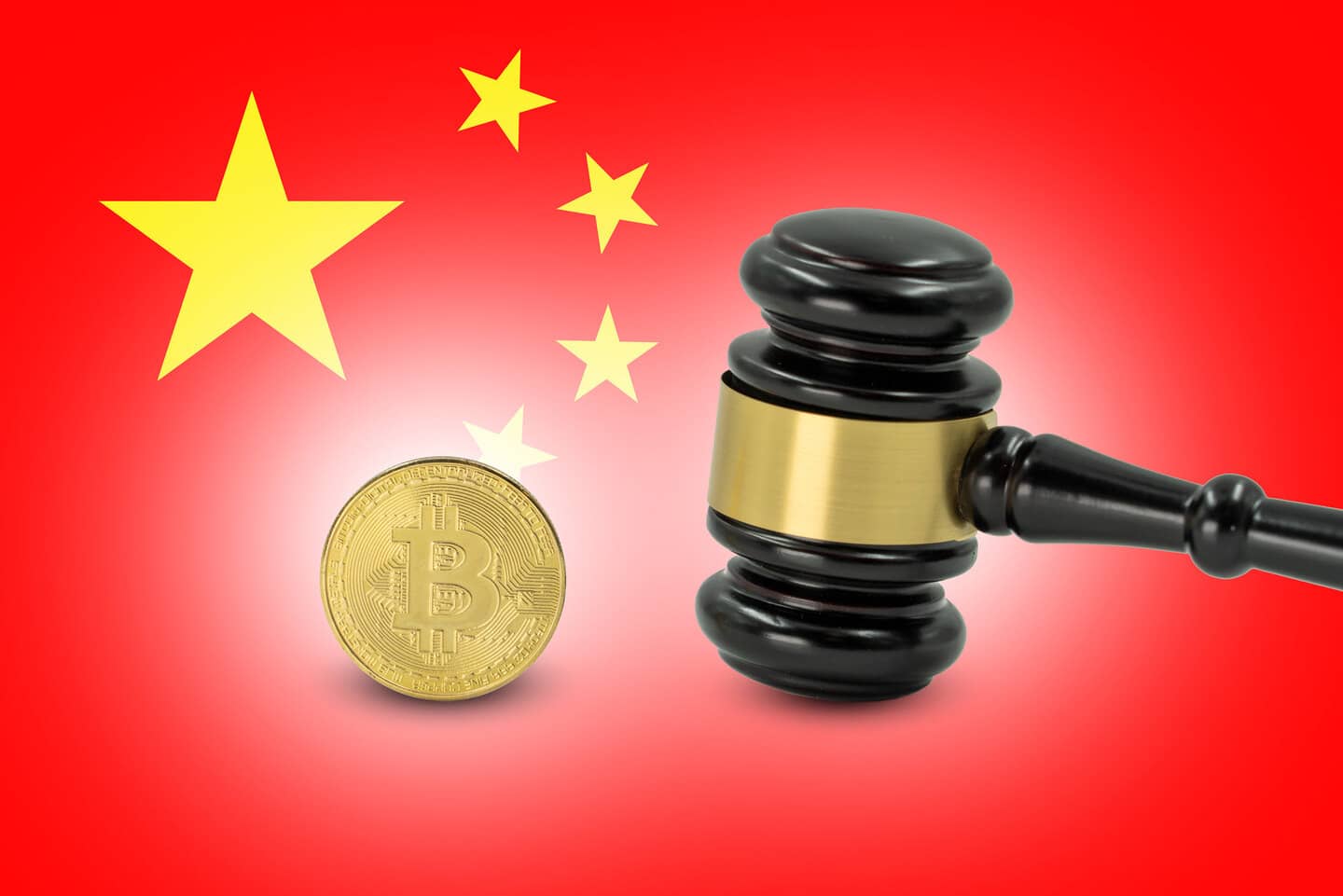
The Shanghai No.2 Intermediate People’s Court in China explained that Bitcoin (BTC) has emerged as a unique digital asset based on several characteristics, including its scarce nature.
On September 25, the court released a report titled “Legal Attributes and Judicial Disposal of Digital Currency,” emphasizing the legal issues surrounding digital data and currency when compared to traditional assets within judicial proceedings and justice delivery.
According to the report, Bitcoin distinguishes itself from other virtual assets as a unique and non-replicable crypto. Despite its decentralized nature, BTC retains the basic functions of currency, such as storage, payment functionality, scalability, circulation, and worldwide acceptance. BTC can be acquired through mining, inheritance, or a buying and selling process, the report stated.
Observers have noticed that statements from Chinese courts like these created a problem after the government banned cryptocurrencies in 2021. Over the years, Chinese courts have provided several arguments in favor of classifying Bitcoin as property based on its value and utility.
A People’s Court in China issued a report on the legality of crypto assets on Sept. 1. It highlighted that these assets are still protected by law and, therefore, legal property. Moreover, the court instructed on conducting legal proceedings for criminal and civil matters involving digital assets. It pointed out that money connected to these cases cannot be seized in certain situations. However, such cases should undergo separate trials and prosecutions.
Notably, the latest development does not show any official change in policy in China. The ban on crypto trading remains in effect. However, recognizing digital currency as property extends the legitimacy of ownership within existing constraints.
Bitcoin And Legal Conundrum
According to the report, different courts interpret the law differently due to the unique nature of cryptocurrencies. To illustrate this dispute, the court referenced two cases. In the first case, 12 million yuan worth of Tether was stolen and used to generate a profit of 900,000 yuan. The courts concluded that the theft encompassed the value of the stolen assets.
In another case, the defendant was accused of stealing BTC, but the court ultimately found him guilty of illegally obtaining computer data. The paper used these examples to explain the different characteristics of virtual assets and the problems faced by the courts.
As outlined in the paper, courts experience primary challenges related to the seizure procedures and transfer processes. Seizing physical property and traditional assets is usually simple in certain instances. While virtual assets cannot be seized unless the defendant voluntarily provides the access key.








